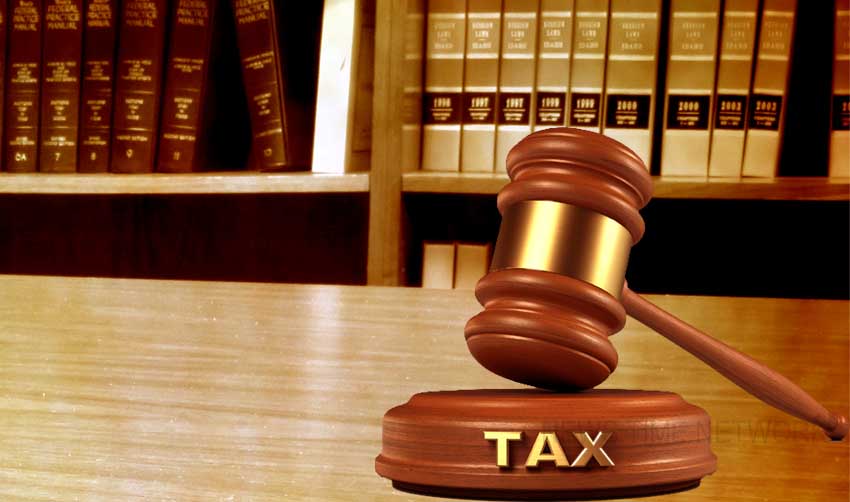
Benefits of Probate lawyer
May 24, 2019“Probate” is the judicial process that oversees the distribution of your estate after your death. This consists of paying off your debts and distributing your remaining assets.
HOW DO I Avoid Probate?
There are lots of ways to cope with distributing your assets that do not have to go through the probate process. These include:
Joint Tenancy, in which you legally co-own assets like a home, car, or bank-account with another person. In a joint tenancy, when you expire, the co-owner automatically receives full ownership of the asset, and never have to proceed through probate to pass the title.
Life Insurance Policies, in which you pay reduced every year, and name a beneficiary to get the payout when you die. The beneficiary automatically receives the benefit after your death.
Trusts, where you transfer the legal title to a secured asset to a “trustee” (who are able to be yourself or another individual). After you die, the trustee will distribute your property based on the terms of the trust.
What Are Some Benefits of Avoiding Probate?
Cost – Probate costs, including attorney’s fees, can be expensive. This is also true if you possess real estate in some other state, because probate proceedings would be required in both states. A trust can help to correct this issue.
Efficiency – The probate process can be complicated and frustrating, so it might take several years to totally resolve everything. Avoiding probate can increase the process of settling your estate.
Privacy – Wills and probate proceedings are matters of public record. If you want to keep your affairs private, and prefer that people have no idea how your estate was distributed, avoiding probate by way of a trust or other mechanism is the only path to take action.
Flexibility – Trusts can be tailored to your specific requests. Furthermore, because execution of an trust is much less formal when compared to a will, it is straightforward to improve the terms of your trust.
Some of the great things about probate include:
Debts and taxes will be paid
The complete process will be supervised by the court
Beneficiaries will be notified of probate attorney proceedings
Fiduciaries (executors or administrators) are held to the best standards of fiduciary duty
When there is a will contest, there’s a forum to handle a dispute
In the event the executor or administrator partcipates in self-dealing, they can be held liable
If an executor fails in their duties, the beneficiaries can petition for his or her removal
All loose ends are wrapped up
Close supervision of the non-public representative
Forum for dispute resolution
Time limitation for creditors’ claims
Family disputes can be policed by the court
So, when do you truly need an legal professional for probate issues? Remember the Three Cs for the most common reasons:
1. Contracts
Sometimes legal documents such as deeds or disclaimers must prepare yourself during probate to be able to satisfy the last wishes of the deceased individual, or to help the heirs properly arrange their inheritance.
For instance, say a brother and sister both inherit a family-owned restaurant from their parents, however the sister wants to market her share to her brother. A legal professional would draft the sales agreement between the siblings, and some other contracts had a need to ensure the restaurant is still properly managed.
When there’s a business involved, the assets are usually complex enough to benefit from an attorney’s guidance. The legal professional can ensure that the right legal documents are in place for transferring or dissolving ownership. However, if the heirs simply own real estate together-and aren’t planning any big changes compared to that ownership-hiring a legal professional may be unnecessary.
2. Conflicts
Unfortunately, following a death, probate issues can arise that induce tension or even nasty disputes one of the heirs. We’ve seen estate proceedings tear families apart over arguments and bad feelings. A legal professional can help mitigate these situations and preserve family harmony.
For instance, if anybody thinks the will should be deemed invalid-for whatever reason-an legal professional should be called in to represent the estate. Or say the deceased individual had remarried and had more children using their second spouse. The kids from the first marriage may feel they did not receive their fair share of the estate. Both parties for the reason that situation might need legal representatives to represent them and help settle the dispute.
For these emotional probate issues, it’s sometimes easier to bring in an attorney eventually. If one heir starts to be argumentative or accusatory, a legal professional might be able to help the parties involved resolve any conflicts early and steer clear of a full-blown court battle.
3. Court
If you want to go before a judge during the estate proceedings, you’ll probably desire a lawyer. For instance, sometimes wills or other estate documents are written unclearly and the heirs need the court to interpret them. They’ll want a legal professional in the courtroom to present the will or estate documents for interpretation.
If somebody challenges the will, it could lead to litigation-and, again, all parties involved will probably want a legal professional to represent them in court.
When an estate is insolvent-meaning its assets are insufficient for paying down its debt, taxes and administrative expenses-creditors will probably file claims or even start badgering the executor for the money. It’s smart to have a legal professional to help manage all those creditors, claims and similar probate issues. Before you ‘Lawyer Up’Though there are particular situations when getting a probate or estate attorney makes sense, think before automatically hiring one to handle every issue through the probate process. A probate expert will help you navigate nearly all steps and conditions that arise during probate-for a fraction of the price.

